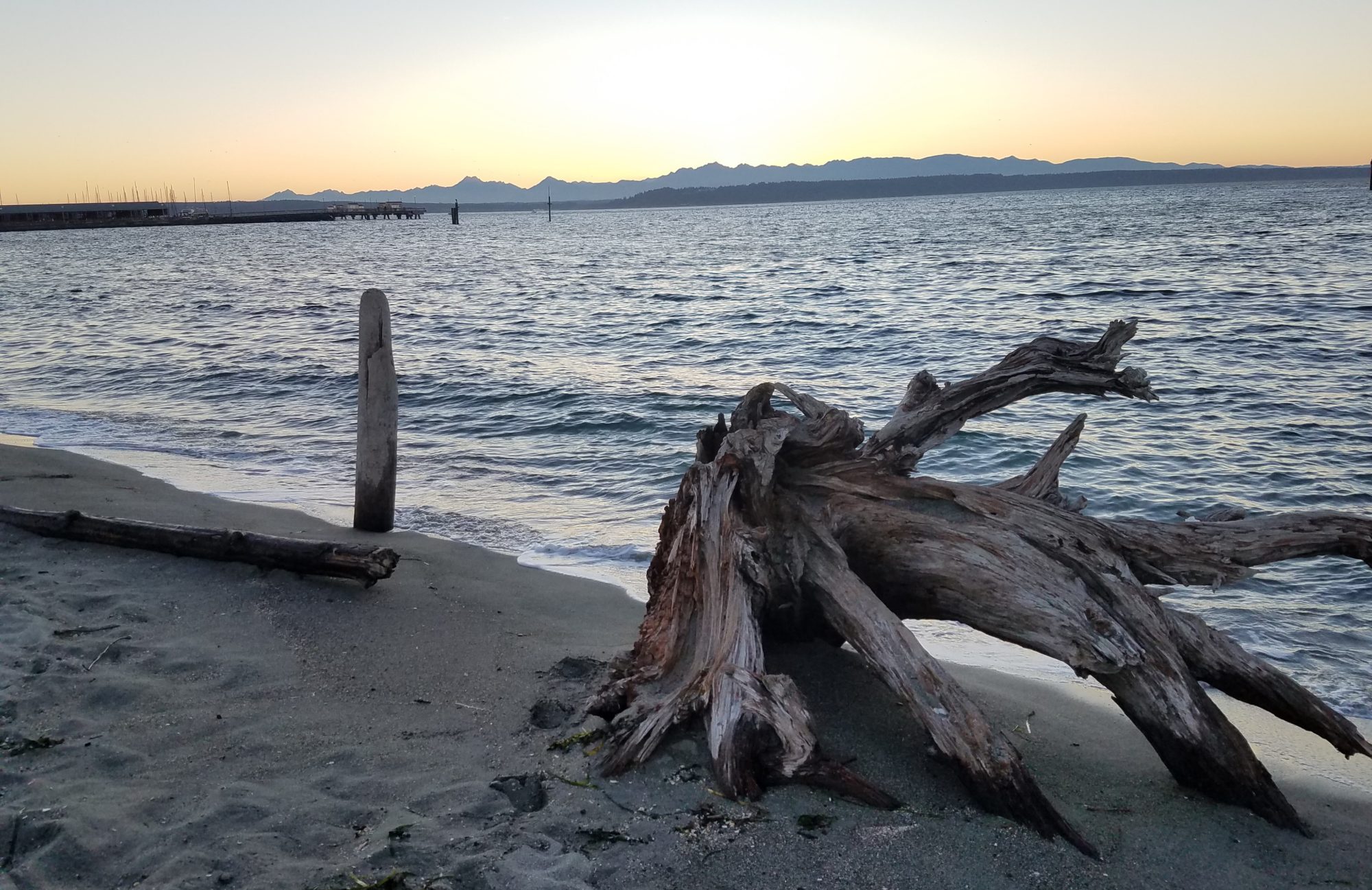I have been blessed with an opportunity to attend a webinar with Andrew Harvey (Embrace the Dark Night to Become the Phoenix Rising) in which he is guiding us through practices and learning from enlightened beings such as Sri Aurobindo, Mirra Alfassa (known as The Mother), and Father Bede Griffiths.
Andrew gave us a practice that I’d like to share which has been a wonderful reminder of the importance of faith and persistence (‘Mu’min’ is the Wasifa or Sufi aspect of the Divine in Arabic for faith). And then this morning, a deep bow of gratitude to sister Jamia who posted a link to the words of Hazrat Inayat Khan with deeper lessons on faith and remembrance that I include below as well.
The practice is this: Sit comfortably, breathing deeply and getting in touch with your body. Feel the deep connection to the earth and to the Divine all in all. Allow that feeling of connection to deepen until you begin to feel it permeate every cell of you body. Feel that golden light of truth and joy literally lighting up every cell and filling it with tingling warmth and love.
When you feel permeated by this golden joy, stand carefully and begin to walk. This can be out in nature (ideally) or even just in your home. Walk calmly and purposefully, feeling each connection with the earth, feeling gravity holding you in its loving embrace, feeling the air move past your exposed skin, feeling your center move in and out of balance. As you walk use a mantra on your breath. Andrew Harvey recommended Om Namo Bhagavate which he translated loosely as being held in joy. I like to use Alhumdullilah (all praise and gratitude to the Divine) as a prayer of gratitude but the sense of holding that joy, love, and beauty within is the important part, so use any mantra that works for you. For me doing this practice led to a place of embodied joy that as Hazrat Inayat Khan says is, “something we can depend upon, something nobody can take away from us.”
As I completed this wonderful practice this morning, I returned to my computer to find the message I noted from Jamia, and it was so perfect that I share that with you here:
****
(Words from the Sufi Pir Murshid Hazrat Inayat Khan have been edited for gender neutrality):
“There is a natural tendency for the seeker on the spiritual path to wonder if they are really progressing. Very often, they begin to wonder from the day they set foot on the path. It is like asking, ‘Shall I be able to digest?’ while one is still eating. The spiritual path leads to selflessness. The more we worry about ourselves, the less progress we make because our whole striving should be to forget the self. It is mostly the self which obstructs the path. The path is made for the soul, and it is natural and easy for the soul to find it. Therefore, when a person is wondering about his progress, they are wasting their time. It is like standing still on the path on which one must go forward.
“Can anyone distinguish how their face and body change day by day? No, for one cannot point out distinct signs of change from one day to another. If one cannot properly distinguish any change in the external self, then how can one expect to distinguish change in the inner process? It is not something that can be weighed on the scales as one weighs oneself on coming back from a holiday and sees that one has gained or lost several pounds. There is no such gain in spiritual progress.
“Then there are some who imagine that they have progressed for a certain time, but they are then going backward. They are discouraged and say, ‘I thought I had arrived somewhere, but surely it must have been an illusion.’ But life is like the sea, and the sea is not always calm. There are times when the sea is rough, and then the boat naturally moves up and down. To think while the boat is moving downward that it will sink is a mistake. It is going down in order to go up. This is its movement, and this is natural. A mureed [spiritual seeker] is subject to such experiences on the path of life. Life will take its own course. The one who sails will many times meet with a rough sea, and they have to be prepared for this and not be frightened or discouraged. They still have to go on through life. If life’s journey were soft and smooth, then there would be no need for spiritual development. They have to have control of the rudder to be able to go through both calm seas and storms.
“…one begins to feel a joy, a happiness. In spite of that feeling, however, it is possible that clouds of depression and despair may come from without, and one might think at that moment that all the happiness and joy which one had gained spiritually was snatched away. But that is not so. If spiritual joy could be snatched away, it would not be spiritual joy. It is not like material comforts. When these are taken away from us, we have lost them; but spiritual joy is ours, it is our property, and no death or decay can take it away from us. Changing clouds like those which surround the sun might surround our joy; but when they are scattered, we will find our property still there in our own heart. It is something we can depend upon, something nobody can take away from us.”
~ Hazrat Inayat Khan ~
Volume X – Sufi Mysticism, The Path of Initiation and Discipleship, The Attitude of a Disciple.
